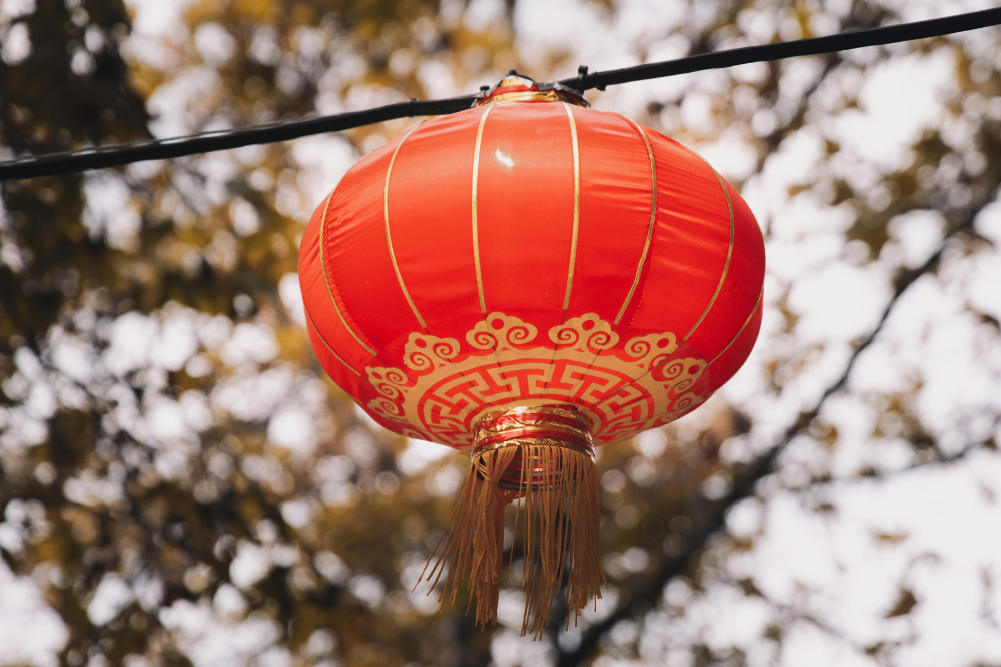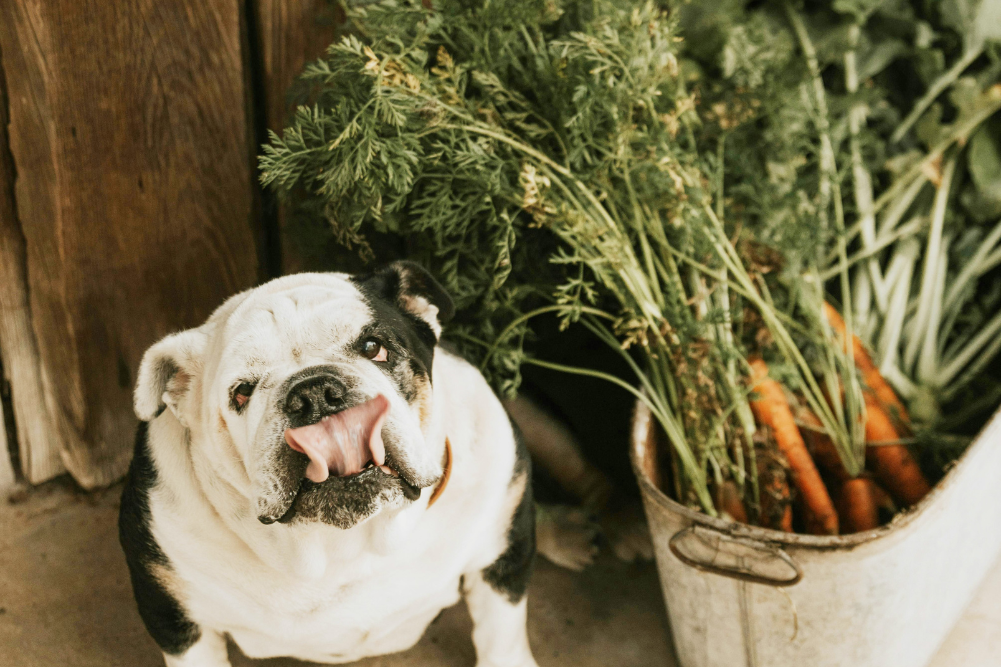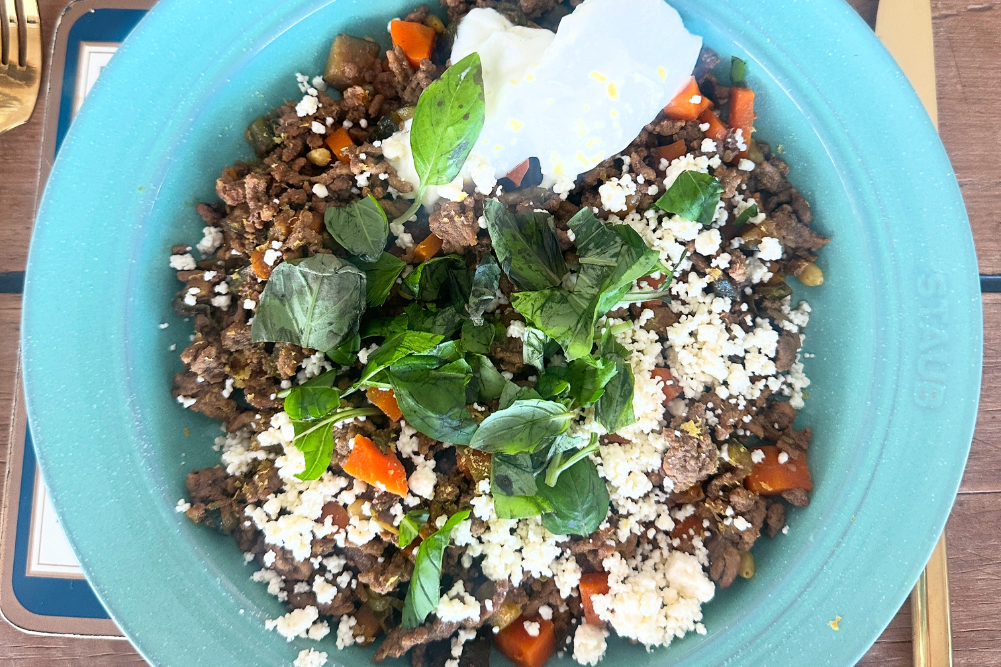The key to mastering mindfulness
Once a pastime of yore, knitting made a resurgence during the peak of the pandemic, and research shows this inexpensive hobby could be the key to mastering mindfulness and better mental health.
We can only speculate about exactly when knitting began; however, the first traces of knitting as we know it today appeared in 14th-century Europe, although signs of the craft stretch back to ancient times in more rudimentary forms. In the past knitting was considered more of a practical craft than one of necessity. It was confined to items of use, such as socks and stockings, and was a way for the less privileged to earn money and keep warm in winter. It has not been until more recent times that knitting has been deemed a pleasurable, creative outlet undertaken sometimes just for the experience of it rather than the result. The action of working knitting needles through a ball of wool is now considered to be just as purposeful as the design. In short, knitting has become as much about the journey as the destination, and it is absolutely on trend.
If 2020 made sourdough starters sexy, 2021 gave knitting a Princess Diaries-worthy makeover, and in 2022 everyone is thinking knitting. Blame the months spent in lockdown, burned out millennials or British diver Tom Daley, who knitted poolside at the Tokyo Olympics, but knitting is enjoying a huge resurgence. For those looking to pass the time in lockdown, knitting provided an essential escape from the anxiety and monotony of a never-ending pandemic.
And besides the obvious benefit of a new crochet jumper, numerous studies suggest that knitting can reduce depression and anxiety, distract from chronic pain, slow cognitive decline and induce a calm meditative state.
As someone who struggles with traditional methods of mindfulness, picking up a pair of knitting needles has been an enjoyable outlet to calm my stress and anxiety during the pandemic. Learning a new craft has kept me in the present moment, focused on counting one stitch as a time, and letting my hands fall into a rhythm (and far away from my phone). Instead of doomscrolling, knitting before bed has transformed my sleep for the better.
As well as enjoying it as a peaceful solo activity, I have also connected with a group of local knitters, many of them my age, and felt a sense of social connection and community. Our two-hour group sessions involve a new knitting pattern, a cup of tea and a good yarn (pun wholly intended).
I’m not the only one aboard the woolly wagon. We Are Knitters, a Spanish-based craft company that delivers DIY knitting kits worldwide, has seen a huge spike in sales since the beginning of the pandemic. In the past year, its sales increased by 75 per cent and its Instagram followers swelled by 125 per cent weekly, with people of all ages flocking to the company’s site for beginner patterns and knitting inspiration.\
The happiness hobby
In 2016, UK-based charity Knit for Peace surveyed 1000 knitters and found 92 per cent said knitting improved their mood, 82 per cent said knitting relaxed them, and of those in poor or very poor health, 92 per cent said knitting improved their health. The researchers noted that health benefits included reduced depression and anxiety and delayed onset of dementia, and even deemed knitting as relaxing as yoga.
“The evidence has been there for generations,” says Dame Hilary Blume, founder of Knit for Peace. “Knitting helps people relax, lowers blood pressure and induces a sense of wellbeing. Rigorous research has explained the science. Because both sides of the brain are involved when knitting, crocheting or doing tapestry work, there is, to put it simply, no room for anxiety. Add donating the output to those in need and serotonin kicks in to provide a sense of happiness.”
Mindful meditation
Researchers believe it is the rhythmic action of knitting that releases serotonin, known as “the happy hormone”, and it’s thought the repetitive motions can trigger the same effect as meditation, working the parts of your brain that help with focus and concentration.
For those who struggle with meditation, knitting is a “hands on” alternative to combat feelings of restlessness. Sydney-based psychotherapist and clinical hypnotherapist Eugenie Pepper persuaded her mother to take up knitting to counteract her anxiety and sleeplessness as a result of an overactive thyroid. “I tried to encourage my mother to meditate, but she was not really open to it,” says Pepper. “She is very active and does not enjoy sitting still; she likes to fill her days with activities that give her a sense of purpose. I suggested knitting could give her the same benefits as meditation.” Pepper’s mother now knits daily to give her a sense of joy, calm and focus.
“That feeling of ‘not being able to sit still’ is something many people can relate to, especially those with busy lifestyles, jobs and families,” says Pepper. “When you knit you are paying attention to the process, the movement, the colour of the wool, the sound of the knitting needles clicking — it all helps to integrate your mind and body like yoga does.”
A study by researchers at the University of British Columbia found knitting may benefit inpatients with eating disorders. After women in a specialised eating disorder unit were given knitting lessons, 74 per cent reported that knitting was therapeutic, lessened the intensity of their fears and cleared their minds of anxious thoughts and eating disorder preoccupations.
Holistic healing
Farmer and mindfulness coach Vanessa Bell experienced the healing benefits of knitting after a stressful divorce in 2007. The trauma of the separation triggered Bell to go partially blind in one eye, which she suffered alongside panic attacks and severe anxiety. “I would go to pick up a knife and fork and I physically couldn’t even pick it up,” she recalls. “I’d have panic attacks and collapse.”
During her healing process, Bell began to knit, something she had done as a child with her grandmother. “I started to realise that your brain and your body, through knitting, can recalibrate,” she says. “You can find space and it’s such a peaceful, joyful thing to do, because mentally you’re not focusing on what happened to you, you’re focused on the next stitch. It completely absorbs your brain while you’re doing the activity.”
Bell was so inspired by how knitting improved her life that she created an online course called Knitting for Mindfulness. The courses are focused less on perfecting the technique and more on knitting mindfully to truly reap the healing benefits. Bell suggests placing your feet firmly on the ground, paying attention to your senses and focusing on your breathing, the sound of the needles clicking and the feel of the wool between your fingers. “I’m not interested in you making a perfect scarf,” she says. “I’m just interested in your breathing!”
Close-knit community
Knitting can be a great way to increase social connection, which is important for minimising feelings of loneliness and depression. One way to connect with other knitters is through a local knitting group or by joining one online.
I found solace in Sydney-based knitting collective The Sewcial Network. Created by 33-year-old Josephine Gardiner in early 2021, the group of women, mostly in their 20s and 30s, meets once a month, either in person or online during lockdowns. Gardiner says she originally started knitting because she was drawn to the sustainability aspect of creating her own clothes, but now she sees The Sewcial Network as something of a community support group. “Knitting is a very mindful activity, but one of the best benefits is the sense of community that it creates, which can help with mental health, and that’s what The Sewcial Network is about — community.”
One stitch at a time
Knitting doesn’t need to be complicated or costly; all you need is a pair of knitting needles and a ball of yarn. “For beginners, I think the best place to start is to do some classes,” says Gardiner. “Then once you feel comfortable with knitting scarves and beanies, you can advance to more technical patterns. There are lots of resources online for patterns and things to buy to help you [get started].”
If you want an added feel-good factor, consider donating your knitted wares to charity. Animal shelters and wildlife organisations like WIRES are often in need of knitted items like blankets or joey pouches. Melbourne-based charity KOGO (Knit One, Give One) accepts knitted baby booties and blankets to donate care packages to new mums who are facing financial hardship.








